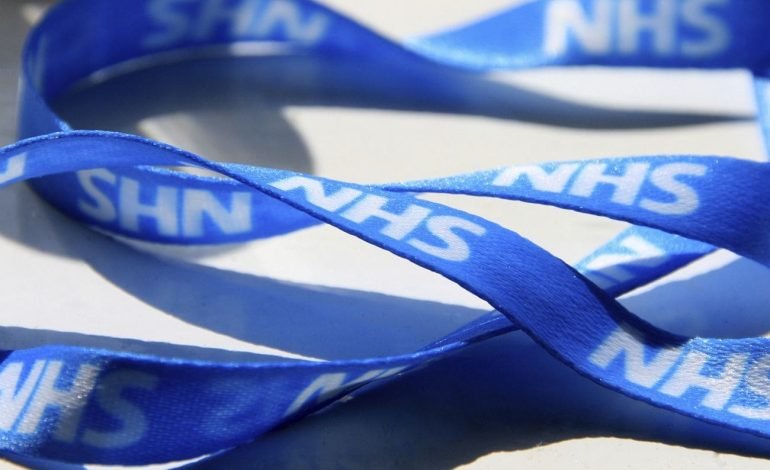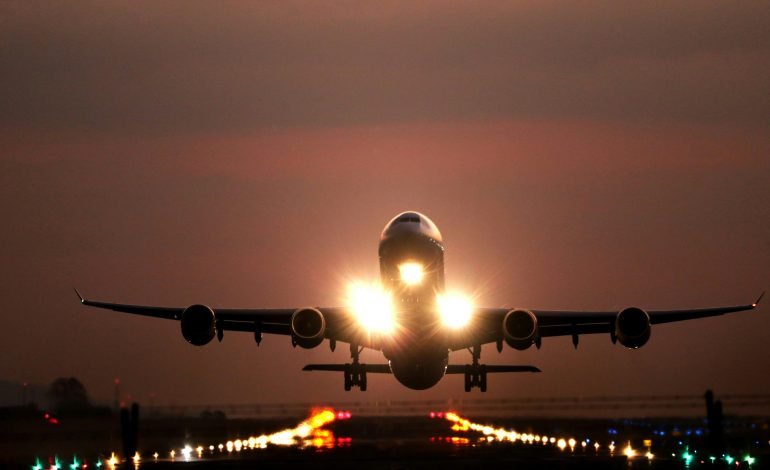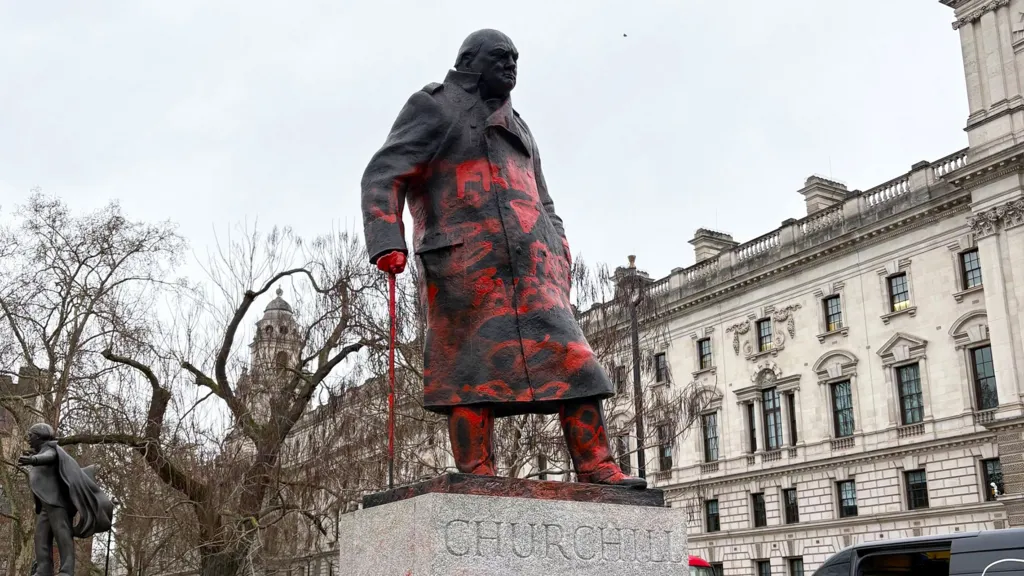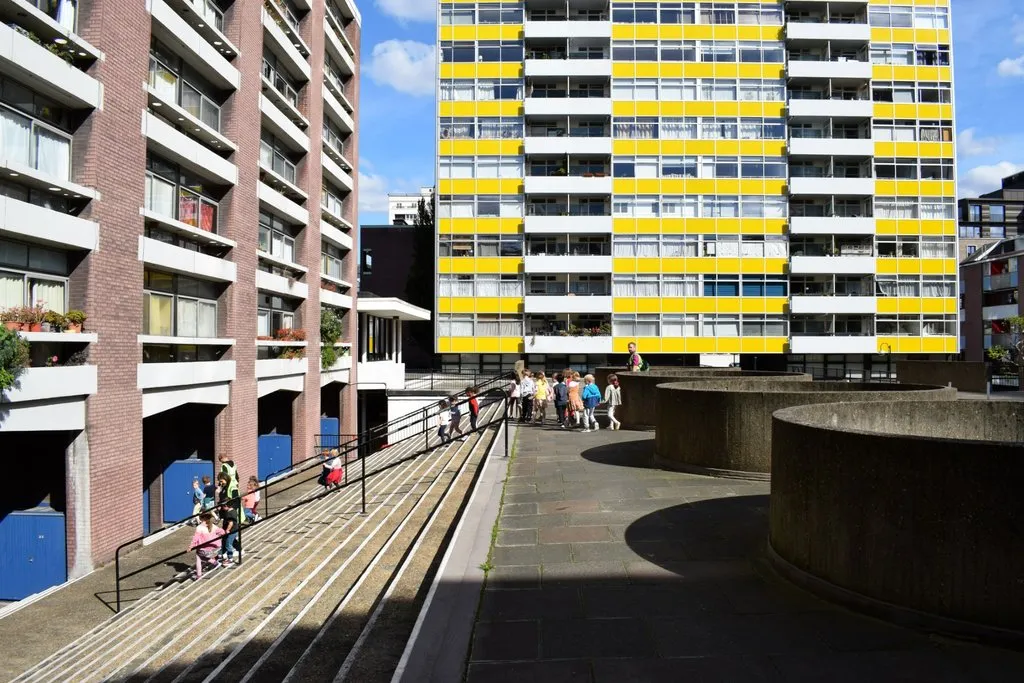
The NHS is facing a tough road ahead, with disruptions expected until Christmas and potentially into 2025. This comes after GPs launched their first industrial action in 60 years, a move that has already put hospitals, A&E units, and mental health services under significant pressure.
On Thursday, family doctors in England began a work-to-rule action, causing concern among health chiefs about the surge in demand from patients. A letter from Dr Amanda Doyle, the national primary care director, revealed that the NHS is bracing for a “worst-case scenario,” where even 999 services could be impacted.
Matthew Taylor, the CEO of NHS Confederation, spoke to the Guardian about the immediate and significant effects of the industrial action. Patients might find it harder to get GP appointments, pushing them towards A&E and other frontline services, which could see increased waiting times. Taylor emphasized the gravity of the situation, especially given the challenges the NHS has faced in recent years.
The trigger for this action was a ballot run by the British Medical Association (BMA), where over 8,500 GPs voted overwhelmingly in favour of industrial action. This protest comes after the government increased their budget by only 1.9% this year, despite pledging a 6% increase for 2024-25. Health Secretary Wes Streeting also announced plans to cut red tape to enable GP surgeries in England to hire more doctors, hoping to build a “new relationship” with GPs.
Taylor acknowledged that the funding to recruit GPs was a step in the right direction but stressed that more long-term and comprehensive solutions are needed. With winter approaching, the NHS could face dangerous disruptions unless the BMA and the government can reach an agreement.
Dr Doyle’s letter urged every region in England to prepare for potential impacts on urgent and emergency care, elective treatments, mental health, community services, and more. The BMA has outlined 10 possible measures for industrial action, including limiting the number of patients GPs see each day and stopping non-contractual work. Hospitals could see a 10% increase in referrals, potentially crippling efforts to clear the backlog of care built up during the Covid-19 pandemic.
The last time GPs took such collective action was in 1964, making this a significant moment in NHS history. Dr Katie Bramall-Stainer, chair of the BMA’s GP committee, described the vote as an act of desperation, highlighting the immense pressure GPs are under. While patient groups have criticized the action as selfish, the Royal College of GPs argued that it reflects the frustration and exhaustion of family doctors.
Despite the industrial action, NHS England is urging the public to continue seeking care as usual. GP practices will remain open, with normal hours from 8 am to 6.30 pm, Monday to Friday. Dr Doyle praised GPs as the “bedrock of the NHS” and promised to work with ministers to resolve the situation. Patients are advised to use 111 for urgent medical help and call 999 in serious emergencies.
As the NHS navigates these challenging times, the hope is for a swift resolution that balances the needs of patients with the demands and well-being of healthcare professionals.
For more information, visit The Guardian.









